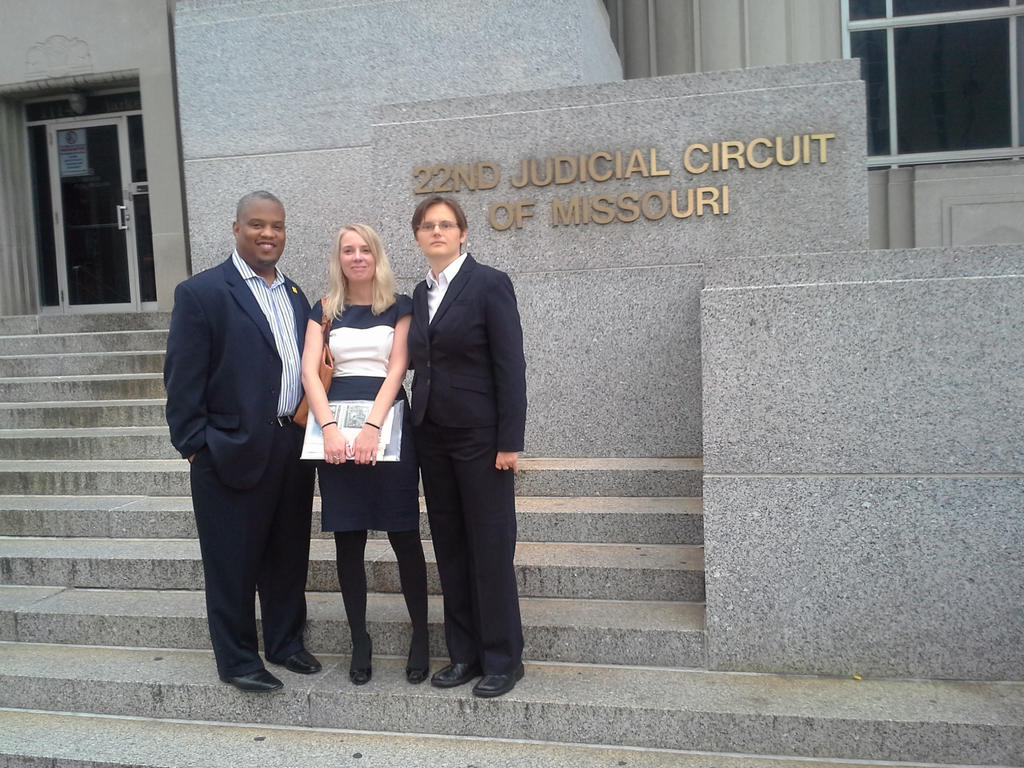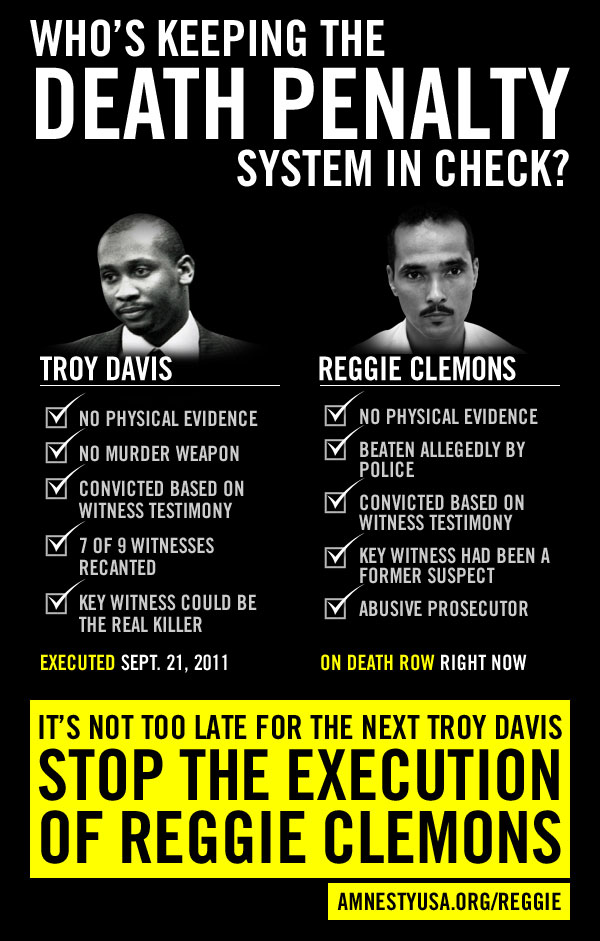Update 10/3: Terrance Williams had his stay of execution upheld. The PA Supreme Court, despite the participation of its chief judge with a flagrant conflict of interest, affirmed his stay of execution, and will at a later date consider last week’s ruling in a Philadelphia court that Williams should get a new sentencing hearing because of serious prosecutor misconduct.
The judge in that ruling cited prosecutors for suppressing evidence that Williams committed his crime in response to being sexually abused, a motive that would likely have caused the jury to issue a sentence other than death. Today the PA Supreme Court agreed to take its time reviewing that decision, and so state prosecutors will have to put the brakes on their strangely zealous pursuit of Williams’ execution – an execution the victim’s widow and 5 members of the jury don’t want anyway.
On October 3, Pennsylvania was scheduled to execute Terrance Williams. He was sent to death row for killing Amos Norwood, a man who repeatedly sexually abused him as a teenager. Evidence of this motive appears to have been withheld from his defense.
Had the jury heard that the killing was in response to years of sexual abuse, it’s likely they would have voted for a sentence other than death. That’s why Philadelphia Common Pleas Court Judge M. Teresa Sarmina has granted a stay of execution. She also granted a new sentencing hearing for Terrance Williams, writing that “Evidence has plainly been suppressed“. She also wrote that prosecutor Andrea Foulkes was “playing fast and loose.” and “had no problem disregarding her ethical obligations”.
Of course, the state may appeal this decision to the Pennsylvania Supreme Court. They shouldn’t, and this execution should be called off permanently.





